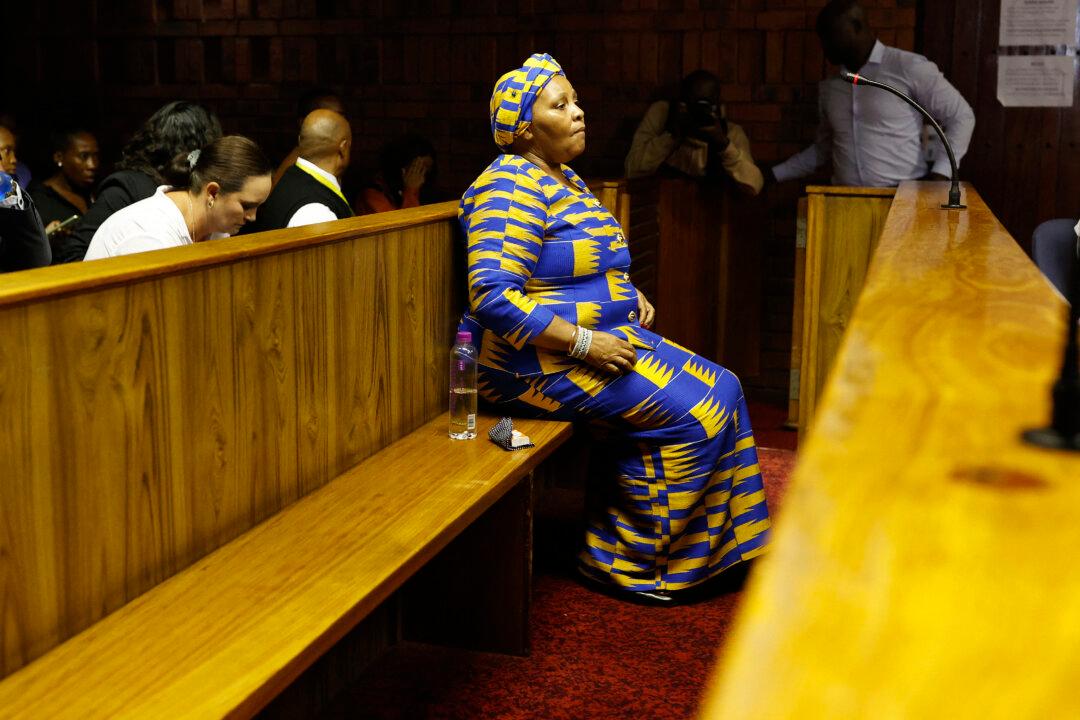JOHANNESBURG—A week ago, Nosiviwe Mapisa-Nqakula, 67, was the powerful speaker of the South African Parliament and third in line for the presidency of Africa’s largest and most developed economy.
Today, the veteran anti-apartheid activist from the governing African National Congress (ANC) is awaiting trial on 12 counts of corruption and money laundering.





